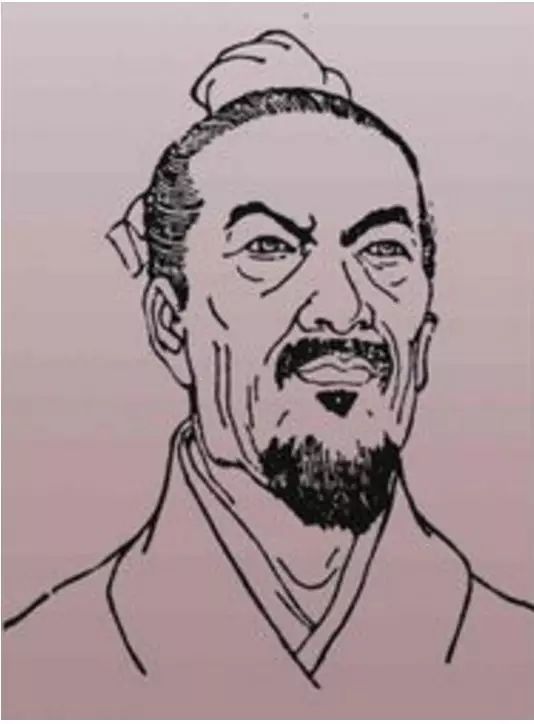Immortal atheist works in Chinese history
Overview
Chinese Name: 论衡
English Name: Lun Heng, Lunheng
Author: Wang Chong王充
Originally Published: About 88 A.D (Eastern Han Dynasty)
Genre: Philosophy

Brief Introduction of Lun Heng
Lun Heng论衡 was written by Wang Chong, a thinker of the Eastern Han Dynasty (AD 27-97). It was compiled in the second year of Zhanghe章和二年 (AD 88). There are 85 existing articles in the book.
Lun Heng explains the doubts in the world, distinguishes between right and wrong, and refutes false words based on “Reality实”. The original meaning of the word “Heng衡” is the balance, and Lun Heng is the balance to evaluate the value of speech at that time. Its purpose is “to realize the confused heart and make people know the difference between deficiency and reality冀悟迷惑之心,使知虚实之分”. It is an immortal philosophical document of materialism in ancient times.

In the Eastern Han Dynasty, Confucianism occupied a dominant position in the ideological field, but different from the spring and autumn and Warring States periods, Confucianism was marked with the color of mysticism and full of strange and magical functions. Wang Chong’s book Lun Heng criticizes the prophecy theory of Confucianism and mysticism.
Lun Heng discusses the development of social history from the perspective of naturalistic materialism. From its recognition of the power of objective material, it shows that social history is an objective development process independent of human will, and denying “heaven” and “human monarch” is the power of historical development. It has had varying degrees of influence on future materialists and atheists.
Author of Lun Heng
Wang Chong (A.D. 27-a.d. 97), also known as Wang Zhongren, was born in Shangyu, Kuaiji (now Zhejiang), a thinker and literary critic in the Eastern Han Dynasty.

Wang Chong was intelligent, studious, well read and good at debate. Later, he left his hometown to study in Luoyang, the capital, under ban Biao. I often study in Luoyang, study hard and memorize, and visit hundreds of schools.
Wang Chong is not greedy for wealth or high officials. He once worked as a small official and was excluded because his political opinions were inconsistent with his boss. After he was dismissed, he returned home and focused on writing. During the reign of emperor Yongyuan of Han Dynasty, he died at home.
Wang Chong was an outstanding materialist thinker and educator in the Eastern Han Dynasty and a fighting atheist. His thoughts include the theory of vitality and nature, atheism, cognitive theory, view of history, theory of human nature, fatalism and so on.
Excerpts of Lun Heng
德不优者,不能怀远,才不大者,不能博见。
People with poor moral character will not have lofty ideals; A man of little talent will not have profound knowledge.
知古不知今,谓之陆沉。
Understanding the ancient times but not the present is called ignorance.
曲妙人不能尽和,言是人不能皆信。
The music is so wonderful that not everyone can sing with; Tell the truth, not everyone will believe it.
人不博览者,不闻古今,不见事类,不知然否,犹目盲、耳聋、鼻痈者也。
People don’t read widely, don’t understand the ancient and modern situation, can’t recognize things in the world, and don’t know right and wrong, just like blind, deaf and people with sore nose.